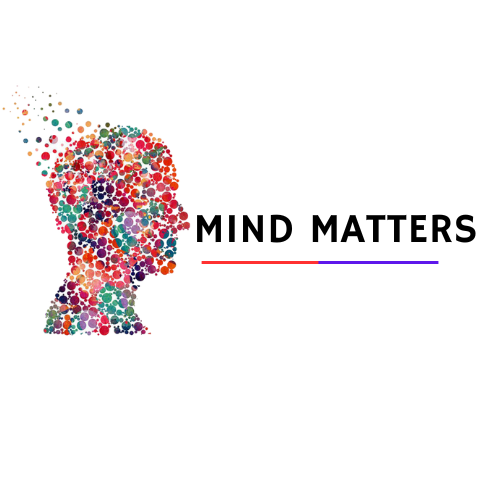Life-changing online care for postpartum depression


Personalized excellence in healthcare


MENTAL HEALTH CONDITIONUnderstanding postpartum depression
- EXPERIENCE
Understanding Postpartum Depression (PPD)
Postpartum Depression (PPD) is a significant mental health concern that affects a substantial number of new mothers, with over 50% of cases going unrecognised. The aim is to reduce this statistic by employing validated screening tools to identify and address more cases promptly. PPD represents a severe and debilitating condition, impacting one in seven women, and its recognition is crucial for the well-being of both mothers and infants.
While the “baby blues” is a milder and common form of depression experienced by some new mothers, PPD is more profound, often manifesting as feelings of disconnection from the baby, intense sadness, or a sense of incompetence as a mother. Despite the expectation of joy during this period, PPD can lead to emotions of apathy, anxiety, and sadness.
The symptoms of PPD, both short- and long-term, can induce feelings of isolation, guilt, and shame among new mothers. PPD stands as one of the significant causes of maternal morbidity and mortality, with untreated cases carrying risks such as suicide, marital dissatisfaction, and potential developmental issues in the baby.
Recognizing the symptoms of PPD is crucial for new mothers. These symptoms may include feelings of hopelessness, being overwhelmed, guilty, or angry, frequent crying, numbness or disconnection from the baby, reluctance to be around the baby, or fears of causing harm. Other indicators encompass unexplained physical ailments, withdrawal from pleasurable activities, lack of energy, difficulty focusing, and disturbances in sleep patterns.
It is essential for those experiencing PPD to seek support rather than suffer in silence or dismiss their struggles. Timely intervention and appropriate care can significantly contribute to overcoming the challenges posed by postpartum depression, fostering a healthier environment for both mothers and their infants.
Of Individuals
Thinks understanding of yourself with the support of a counsellor leads to living a more full life.
Of Couples
Learned to identify their individual needs which increased their confidence as a couple.
Of Therapies
Helps couples gain insight into how their own, forms of thinking impact their relationship.

We Care

Individual Therapy
We often tend to people who want to experience more satisfaction, joy, resiliency in their lives. Other times people fell down, unexcited about life, happiness and just want to stop feeling that way. General areas we address.
Couples Therapy
Relationships can be incredibly rewarding but they can also require some hard work, with difficulties in relationships being a common issue for many people strive to feel like they’re doing something good.

Try Together

How Does It Work?
Fill a Form
Get Macthed
Schedule
More Info?
Talk to our Coordinator
Mon – Fri: 5am – 7pm
Saturday: 8am – 5pm
Fees per Session
- Schedule a live session at a time that is convenient
- Messaging, phone or video
- Message therapist any time, from anywhere.
- Schedule a live session at a time that is convenient
- Messaging, phone or video
- Message therapist any time, from anywhere.
- Schedule a live session at a time that is convenient
- Messaging, phone or video
- Message therapist any time, from anywhere.
Covid-19 Notice
The health and well-being of our clients is one of our top concerns. We are following the current government and health authorities COVID-19 guidance to ensure we are taking the right actions to protect our clients, employees and the community. For in person meetings clients are asked to:

Measure their body temperature
Frequently disinfect hands
Wear face masks at all times



